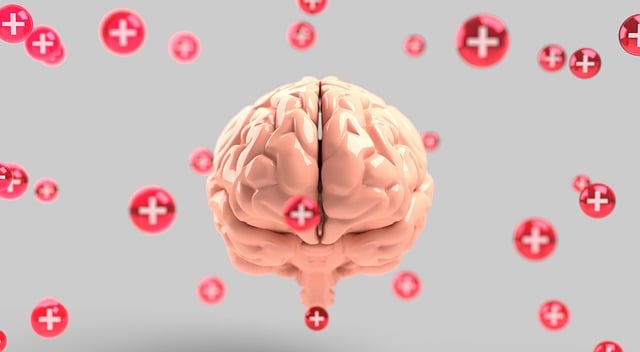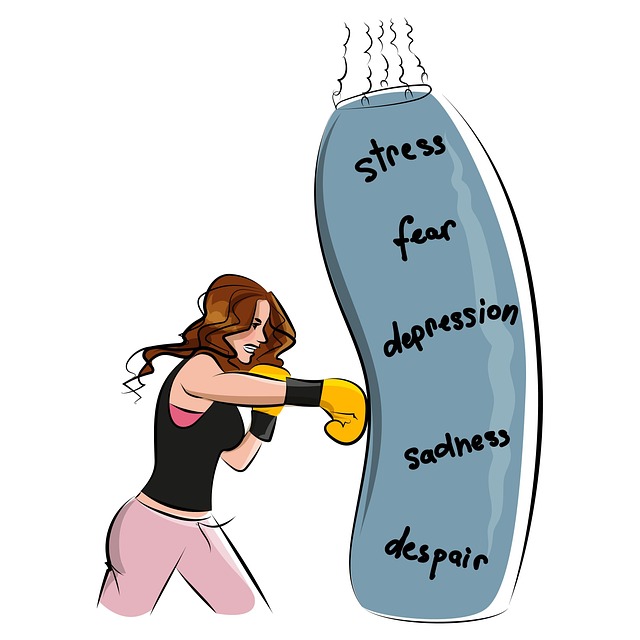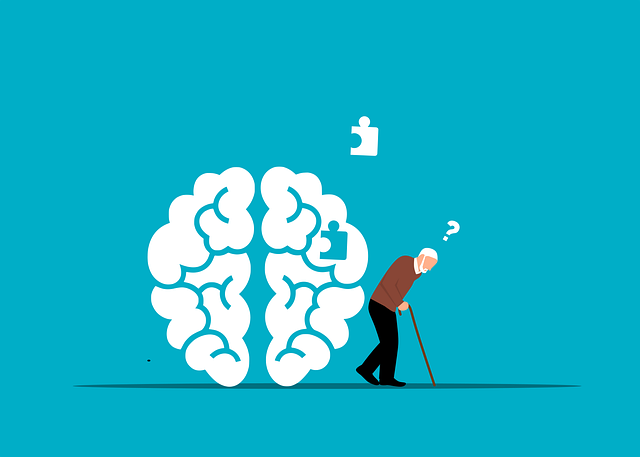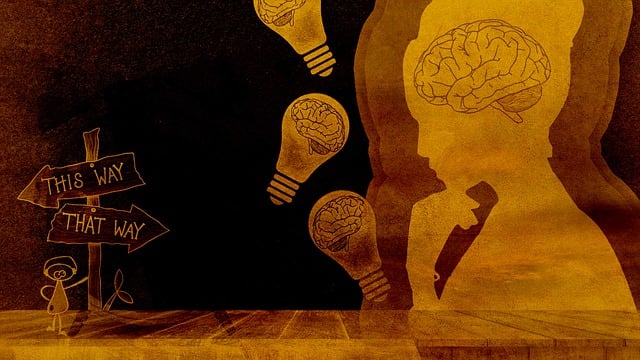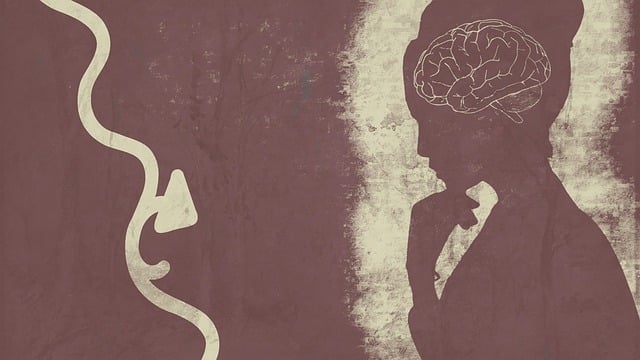Cancer-related stress significantly impacts patients' emotional well-being during treatment. Castle Rock Cancer Issues Therapy provides specialized support through evidence-based practices, community engagement, and tailored coping strategy development. Healthy lifestyle changes like exercise, balanced diet, and mindfulness techniques reduce stress and enhance mental resilience. Complementary therapies focus on trauma support and positive thinking to manage anxiety and depression holistically. Building resilience through Castle Rock Cancer Issues Therapy equips individuals with emotional fortitude for long-term well-being, enabling them to navigate life's challenges gracefully.
Stress reduction is a vital component in managing cancer-related challenges, especially at Castle Rock where cancer issues are prevalent. This article explores unique strategies to combat stress, offering a comprehensive guide for those facing this difficult journey. From understanding the specific stressors tied to cancer to discovering the power of therapy and implementing lifestyle adjustments, we delve into effective methods. Additionally, we uncover complementary techniques and long-term resilience building for sustained mental health support.
- Understanding Cancer-Related Stress: A Unique Challenge
- The Role of Therapy in Managing Stress
- Lifestyle Adjustments for Better Mental Health
- Complementary Techniques for Relaxation and Relief
- Building Resilience: Long-Term Strategies for Coping
Understanding Cancer-Related Stress: A Unique Challenge

Cancer-related stress presents a unique and often underestimated challenge for patients navigating their Castle Rock cancer issues therapy journey. Beyond the physical toll of treatment, individuals face an emotional rollercoaster as they come to terms with their diagnosis and its implications. This type of stress can stem from various sources, including fear of the unknown, changes in body image and physical abilities, financial concerns, and the emotional support required for effective coping.
The Stress Management Workshops Organization recognizes these distinct challenges and offers tailored guidance and Empathy Building Strategies to help individuals manage their mental wellness. Through initiatives like journaling exercises that promote self-reflection and personal growth, they empower patients to take an active role in their healing process. By combining evidence-based practices with a supportive community, these workshops aim to enhance resilience and overall well-being during and after cancer treatment.
The Role of Therapy in Managing Stress

Stress reduction often involves a combination of self-care practices and professional support, with Castle Rock Cancer Issues Therapy playing a pivotal role in managing stress levels. Beyond medical treatment, therapy provides an essential space for individuals to process their emotions, gain insights into coping mechanisms, and develop strategies tailored to their unique experiences. Through evidence-based approaches, mental wellness journaling, and exercise guidance, therapists equip clients with tools to navigate challenging situations.
Incorporating Stress Management Workshops organized by various organizations can complement individual therapy. These workshops offer group support, sharing techniques for stress reduction and mental resilience. By combining professional guidance with community engagement, individuals armed with self-care practices can effectively manage stress, fostering a sense of balance and overall well-being.
Lifestyle Adjustments for Better Mental Health

Adopting healthy lifestyle adjustments can significantly contribute to stress reduction and improved mental well-being. Regular physical activity, a balanced diet, and sufficient sleep are fundamental pillars for managing stress levels effectively. Engaging in activities like yoga or meditation can also foster empathy building strategies, offering moments of tranquility and perspective. These practices help individuals cultivate mindfulness, enabling them to navigate life’s challenges with greater resilience against anxiety relief and potential Castle Rock cancer issues therapy needs.
Additionally, creating a structured daily routine and setting achievable goals can go a long way in reducing stress. Making time for hobbies, spending quality moments in nature, and cultivating strong social connections further strengthen these positive lifestyle changes. By integrating these strategies into one’s life, individuals empower themselves to tackle stressors head-on, thereby enhancing their overall mental health and resilience.
Complementary Techniques for Relaxation and Relief

In addition to traditional relaxation techniques like deep breathing and meditation, individuals seeking stress reduction can benefit from a variety of complementary approaches. Incorporating Castle Rock cancer issues therapy into one’s self-care routine can be particularly effective for managing stress and promoting mental well-being. These therapies go beyond the mind-body connection, offering support for the unique emotional challenges faced by those navigating serious health issues.
Trauma support services often emphasize the power of positive thinking and mind over matter principles to help individuals reframe their perspectives and cultivate resilience. By integrating these complementary techniques into daily life, people can experience profound relief from stress, anxiety, and even depression. This holistic approach recognizes that addressing mental health is an integral part of overall well-being, especially during challenging times such as cancer treatment.
Building Resilience: Long-Term Strategies for Coping

Building resilience is a powerful long-term strategy for managing stress and enhancing emotional well-being. It involves developing an inner strength that allows individuals to bounce back from challenges, much like a castle rock endures against harsh weather. This process begins with understanding and accepting one’s emotions, a practice that forms the foundation of Castle Rock cancer issues therapy. By embracing empathy towards oneself and others, individuals can cultivate a sense of connection and purpose, strengthening their mental fortress.
Resilience-building techniques focus on promoting emotional well-being through various methods such as mindfulness practices, cognitive reframing, and social support networks. These strategies enable people to navigate life’s storms with grace and adaptability. Over time, they learn to view stress as a manageable challenge rather than an insurmountable obstacle, fostering a sense of control and empowerment. Just as a castle’s architecture is designed to withstand assault, resilience equips individuals with the tools to face and overcome adversity, leading to personal growth and a deeper appreciation for life.
Stress reduction is a vital component of managing cancer-related challenges, especially in navigating the complexities of Castle Rock cancer issues. By combining therapy with lifestyle adjustments and complementary techniques, individuals can build resilience and improve their mental health. These strategies offer long-term benefits, empowering patients to cope effectively and enhance their overall well-being during and after their cancer journey.




